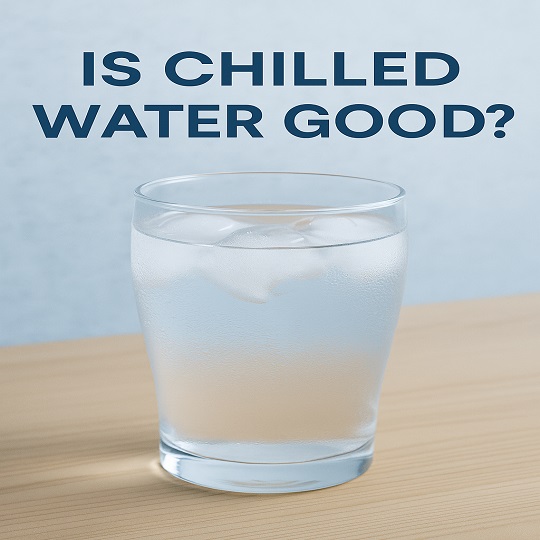
Side Effects of Eating Too Much Salt
Side Effects of Eating Too Much Salt. Salt, or sodium chloride, is an essential mineral that our bodies need to function correctly. It helps maintain fluid balance, transmit nerve impulses, and affect muscle function. However, consuming too much salt can lead to various health issues. This article delves into the side effects of excessive salt intake, providing insights and references for further reading.
Health Risks of Excessive Salt Intake
1. Hypertension (High Blood Pressure)
One of the most well-known side effects of consuming too much salt is hypertension. Excessive sodium in the diet causes the body to retain water to dilute the salt in the bloodstream. This increased volume of fluid puts extra pressure on blood vessel walls, leading to high blood pressure.
Reference: According to the American Heart Association, reducing sodium intake can significantly lower blood pressure and improve heart health source.
2. Cardiovascular Diseases
High blood pressure is a major risk factor for cardiovascular diseases, including heart attacks, strokes, and heart failure. A high-sodium diet can exacerbate these conditions by causing the heart to work harder to pump blood.
Reference: The Centers for Disease Control and Prevention (CDC) highlights that reducing sodium intake can prevent up to 1.2 million cases of heart disease and stroke over a decade source.
3. Kidney Damage
The kidneys help filter waste and excess fluids from the blood. High sodium levels can overburden these organs, leading to reduced function or kidney disease. Over time, this can result in chronic kidney disease or worsen existing conditions.
Reference: The National Kidney Foundation emphasizes that lowering sodium intake is crucial for maintaining kidney health source.
4. Osteoporosis
Excessive salt consumption can affect bone health by causing the body to lose calcium through urine. This calcium loss can weaken bones, increasing the risk of osteoporosis and fractures.
Reference: Research published in the journal “Nutrients” indicates a direct link between high sodium intake and decreased bone density source.
5. Stomach Cancer
A high-salt diet has been associated with an increased risk of stomach cancer. Salt can damage the stomach lining, leading to inflammation and creating a conducive environment for cancer-causing bacteria such as Helicobacter pylori.
Reference: The World Cancer Research Fund International reports that there is strong evidence linking high salt consumption to stomach cancer source.
6. Edema
Edema is swelling caused by excess fluid trapped in the body’s tissues. Consuming too much salt can lead to fluid retention, particularly in the extremities like the hands, feet, and ankles. This can be uncomfortable and signal underlying health issues.
Reference: Information from the Cleveland Clinic explains how salt-induced fluid retention can contribute to edema source.
7. Headaches
High sodium intake can cause blood vessels in the brain to expand, leading to headaches. Some people are more sensitive to sodium than others and may experience headaches after consuming salty foods.
Reference: The American Migraine Foundation notes that reducing dietary sodium can help manage headache frequency and intensity source.
How to Reduce Salt Intake
Reducing salt intake is essential for mitigating the risks associated with excessive consumption. Here are some practical tips:
- Read Labels: Check food labels for sodium content and choose lower-sodium options.
- Cook at Home: Preparing meals at home allows better control over the amount of salt used.
- Use Herbs and Spices: Enhance flavor with herbs, spices, and lemon juice instead of salt.
- Limit Processed Foods: Processed and packaged foods often contain high levels of sodium.
- Choose Fresh Produce: Fresh fruits and vegetables are naturally low in sodium.
Conclusion
While salt is a necessary part of our diet, consuming too much can lead to serious health issues, including hypertension, cardiovascular diseases, kidney damage, osteoporosis, stomach cancer, edema, and headaches. By being mindful of our sodium intake and making healthier food choices, we can protect our health and reduce the risk of these adverse effects.
For more detailed information on how salt affects health and tips on reducing sodium intake, visit the American Heart Association, CDC, and National Kidney Foundation websites.




